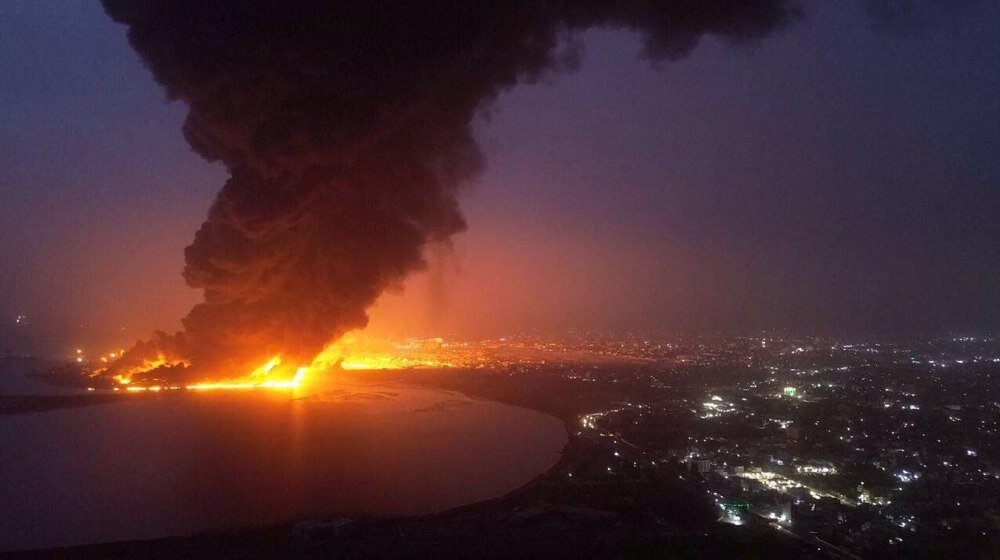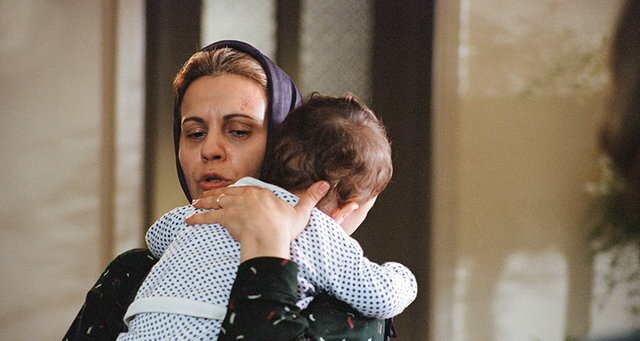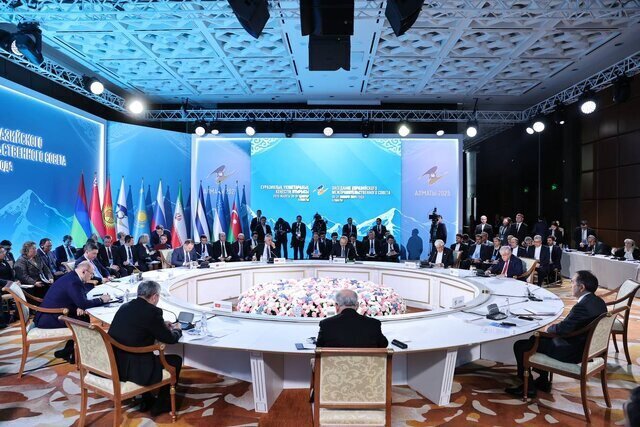New US Airstrikes in Yemen Result in Rising Casualties
The recent escalation of violence in Yemen has drawn international attention, particularly following the US Armed Forces’ airstrikes in the Hajjah Governorate. These events have sparked discussions about the ongoing conflict and its implications for the region.
As reported by Al Masirah TV channel, the US military conducted two additional strikes in northwestern Yemen, specifically targeting the Hajjah Governorate. This military action resulted in the tragic loss of two lives and left a child injured. The situation in Yemen continues to deteriorate, raising concerns about the humanitarian crisis and the impact of foreign interventions.
Since the onset of the latest conflict in Gaza, triggered by the Palestinian Resistance movements’ surprise attack known as Operation Al-Aqsa Storm, Yemenis have openly expressed their solidarity with Palestine. The Israeli occupation has faced widespread condemnation, and many Yemenis view their support for the Palestinian cause as a moral obligation.
Here are some key points regarding the situation in Yemen and its connection to the broader conflict in the region:
- US Military Actions: The US Armed Forces’ strikes in Yemen have raised questions about the legality and morality of foreign interventions in ongoing conflicts.
- Humanitarian Impact: The recent shelling resulted in civilian casualties, highlighting the dire humanitarian situation in Yemen.
- Support for Palestine: Yemenis have rallied in support of Palestine, reflecting a shared struggle against perceived oppression.
- Regional Tensions: The conflict in Gaza has further complicated the already volatile situation in the Middle East, with Yemen caught in the crossfire of regional politics.
The backdrop of the US strikes in Yemen is the ongoing humanitarian crisis that has plagued the country for years. Millions of Yemenis are suffering from food shortages, lack of medical care, and widespread displacement due to the civil war that began in 2014. The involvement of foreign powers, including the US, has added another layer of complexity to an already challenging situation.
As Yemenis continue to express their solidarity with Palestine, the implications of the US military involvement cannot be overlooked. Many observers worry that such actions may exacerbate tensions and lead to further violence in the region.
In light of these developments, it is crucial for the international community to address the broader humanitarian needs in Yemen while also considering the political dynamics at play. The situation calls for a concerted effort to promote peace and stability, as well as to protect civilians caught in the crossfire.
The plight of the Yemeni people remains urgent, and their voices of solidarity with Palestine highlight the interconnectedness of struggles against oppression across the region. As the situation unfolds, it is essential to remain informed and engaged, advocating for peace and humanitarian support for those affected by these conflicts.
In conclusion, the recent US strikes in Yemen and the ongoing support for Palestine reflect a complex interplay of regional conflicts and humanitarian crises. The world must pay attention to these developments and work towards a resolution that prioritizes the safety and dignity of all affected populations.






